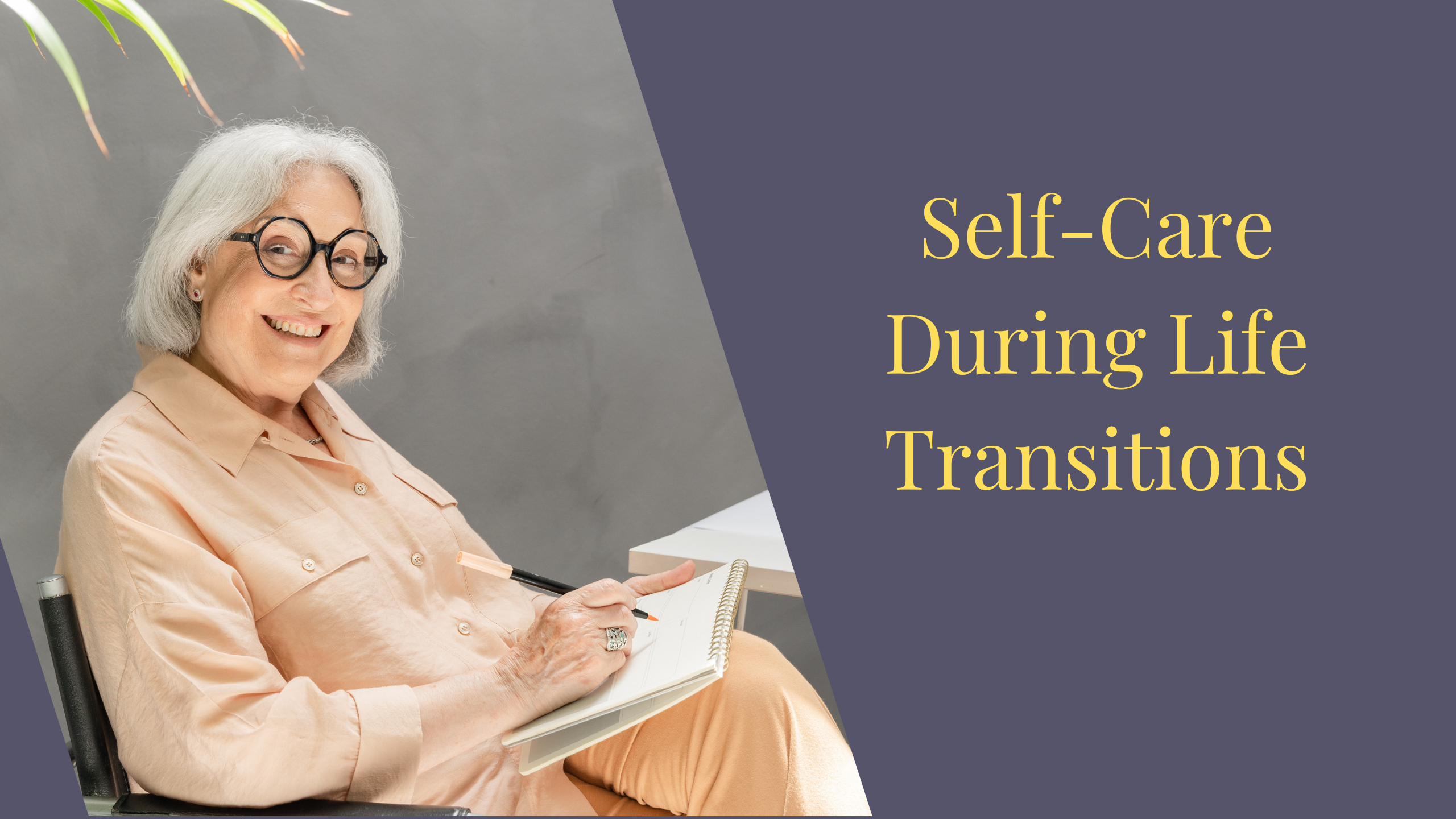What Does Self-Care Really Mean
Self-care isn’t just about bubble baths and spa days. It’s the intentional act of nurturing your physical, mental, and emotional health. While you may think it’s a bit cliched it’s true what they say about putting on your oxygen mask first so you can support others. Research shows that regular practices, such as exercise, mindfulness, and proper nutrition, reduce stress and improve overall well-being, which benefits not just you but everyone in your orbit (Smith et al., 2017).
I had a fantastic conversation with Cara-Michele on this topic!
Personal Benefits
Taking care of yourself impacts your health, mood, and energy levels. Simple habits like getting enough sleep or walking outdoors lower cortisol, the stress hormone, leading to better decision-making and mental clarity (Creswell et al., 2015). For example, mindfulness exercises have been shown to reduce symptoms of anxiety and depression within weeks (Goyal et al., 2014).
Investing in self-care also boosts self-worth. When you consistently prioritize your needs, you’re sending yourself a powerful message: “I matter.” This confidence has a ripple effect, improving everything from relationships to your ability to tackle challenges.
How Self-Care Strengthens Relationships
When you’re drained, it’s hard to show up fully for others. Self-care equips you to bring your best self to your relationships. Studies have found that practicing mindfulness improves emotional regulation, which enhances communication and reduces conflict (Dürr et al., 2017).
It also sets a healthy example for loved ones, especially children. Showing that you respect your boundaries teaches others to respect theirs, creating healthier, more balanced connections.
Workplace Benefits
Think self-care stops at home? Think again. Studies indicate that self-care boosts productivity, creativity, and resilience at work (Sladek & Griffiths, 2018). Regular breaks, adequate sleep, and stress management strategies enhance focus and reduce burnout. Employees who prioritize well-being are better collaborators, problem-solvers, and leaders.
Self-Care During Life Transitions
Life’s big changes—a career shift, divorce, or loss—test our resilience. During these times, self-care acts as an anchor. Reflective practices like journaling or talking with a therapist can help you process emotions and identify new opportunities. Maintaining routines provides stability, while physical activities like yoga enhance emotional strength (Santo et al., 2019).
Practical Self-Care Tips for Busy Lives
Micro-Mindfulness: Pause for deep breaths or gratitude moments during your day.
- Start your day with a one-minute breathing exercise to center yourself.
- Practice gratitude by writing down three things you’re thankful for each morning.
- Set a timer to take short mindfulness breaks during busy hours.
Movement Snacks: Squeeze in a quick stretch or walk.
- Take a 5-minute walk around your home or office during lunch.
- Do desk stretches to relieve tension in your shoulders and back.
- Use a fitness app for quick, guided movements between tasks.
Sleep Hygiene: Prioritize consistent bedtime routines.
- Set a consistent bedtime and wake-up time, even on weekends.
- Avoid screens at least 30 minutes before bed to improve sleep quality.
- Create a calming pre-sleep ritual, like reading or a warm bath.
Social Media Limits: Curate uplifting content and set time boundaries.
- Schedule specific times for social media use to avoid endless scrolling.
- Unfollow accounts that drain your energy or create negativity.
- Use apps or settings to monitor and limit your screen time.
Learn to Say No: Set boundaries that protect your time and energy.
- Use phrases like “I’ll think about it” to give yourself time before committing.
- Identify your top priorities to confidently decline non-essential tasks.
- Practice saying no in low-stakes situations to build confidence.
Overcoming Self-Care Guilt
Society often portrays self-sacrifice as noble, but research shows that neglecting yourself leads to burnout and strained relationships (Maslach & Leiter, 2016). Reframe self-care as an investment in everyone you support. Starting small—a five-minute mindfulness session or saying no to one unnecessary commitment—can reduce guilt and normalize self-care as essential.
Final Thoughts: Self-Care as Empowerment
When you prioritize self-care, you’re not just caring for yourself; you’re enhancing your relationships, career, and ability to navigate life’s challenges. It’s a bold, essential act of self-respect that creates ripples of positivity. Start small, stay consistent, and watch the effects transform not just your life but the lives of those around you.





